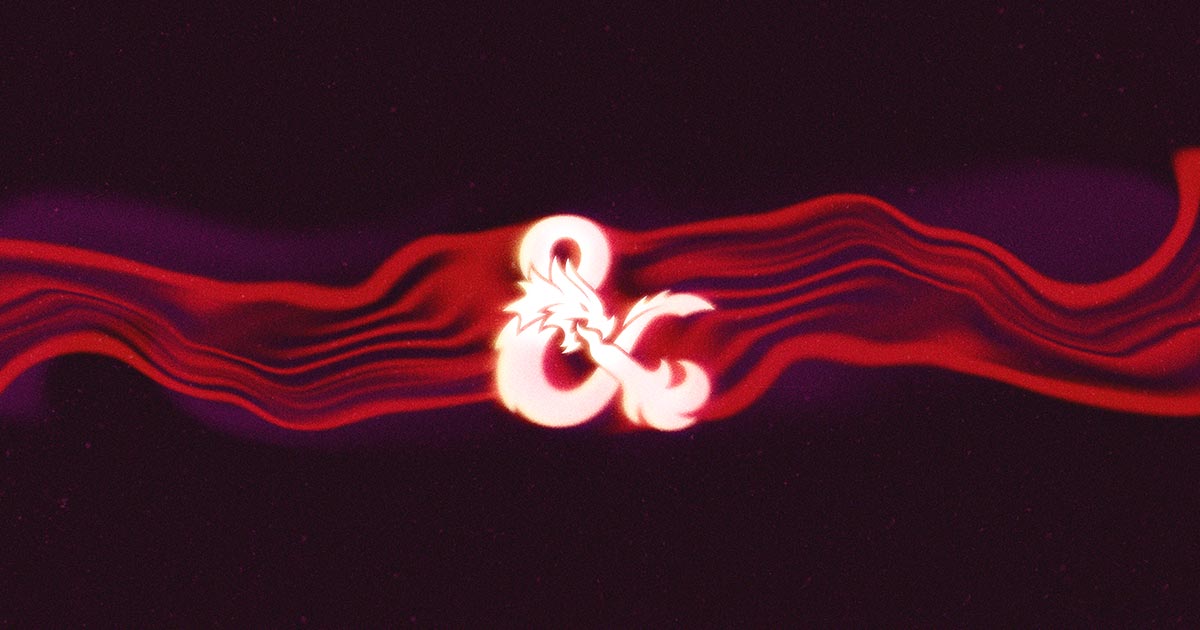There's a brand new playtest document for the new (version/edition/update) of Dungeons of Dragons available for download! This one is an enormous 77 pages and includes classes, spells, feats, and weapons.

 www.dndbeyond.com
www.dndbeyond.com
Unearthed Arcana Playtest
Unearthed Arcana Playtest Materials Get Unearthed Arcana playtest content, try it out in your game, and provide feedback! Check back regularly for ...
In this new Unearthed Arcana document for the 2024 Core Rulebooks, we explore material designed for the next version of the Player’s Handbook. This playtest document presents updated rules on seven classes: Bard, Cleric, Druid, Monk, Paladin, Ranger, and Rogue. This document also presents multiple subclasses for each of those classes, new Spells, revisions to existing Spells and Spell Lists, and several revised Feats. You will also find an updated rules glossary that supercedes the glossary of any previous playtest document.



